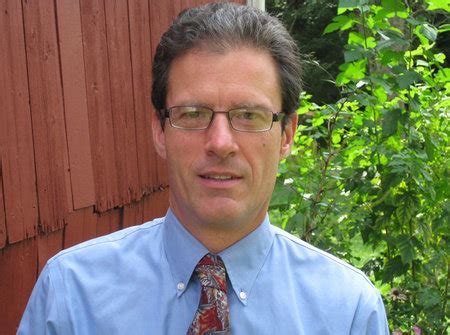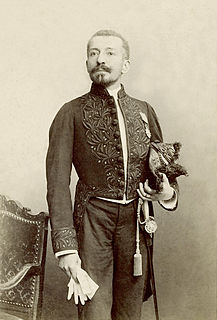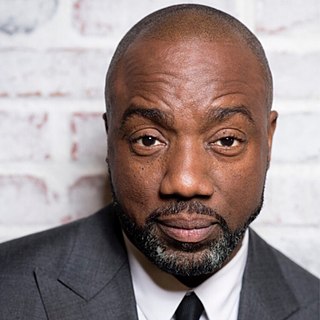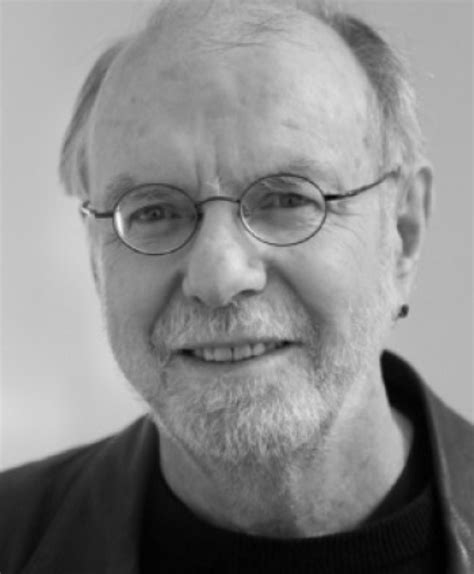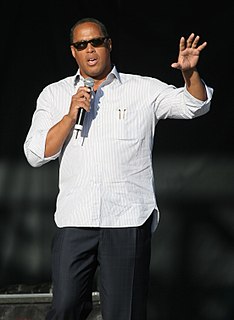A Quote by Katherine Dunn
The more potent, unasked question is how society at large reacts to eager, voluntary violence by females, and to the growing evidence that women can be just as aggressive as men.
Related Quotes
When women's sexuality is imagined to be passive or "dirty," it also means that men's sexuality is automatically positioned as aggressive and right-no matter what form it takes. And when one of the conditions of masculinity, a concept that is already so fragile in men's minds, is that men dissociate from women and prove their manliness through aggression, we're encouraging a culture of violence and sexuality that's detrimental to both men and women.
On Girls I like being a mouthpiece for the issues I think young females face today. It’s always shocking when people question whether it’s a feminist show. How could a show about women exploring women not be? Feminism isn’t a dirty word. It’s not like we’re a deranged group who think women should take over the planet, raise our young on our own and eliminate men from the picture. Feminism is about women having all the rights that men have.
It is important to note that research has shown that men who have abusive mothers do not tend to develop especially negative attitudes toward females, but men who have abusive fathers do; the disrespect that abusive men show their female partners and their daughters is often absorbed by their sons.
So while a small number of abusive men do hate women, the great majority exhibit a more subtle-though often quite pervasive-sense of superiority or contempt toward females, and some don't show any obvious signs of problems with women at all until they are in a serious relationship.
I think any time you have any kind of social ill, not just domestic violence...as much as it's about the act, the obvious theme of domestic violence, Domestic Violence Awareness Month is also about how men deal with their emotions. It's not just like who gets brutalized; sometimes it's women that are abusing men, too. I think it's just an opportunity for us to look at ourselves. How do we treat each other? Why do we treat each other that way?
He had heard her say, so many times, that a society that approved of making abortion illegal was a society that approved of violence against women; that making abortion illegal was simply a sanctimonious, self-righteous form of violence against women- it was just another way of legalizing violence against women, Nurse Caroline would say.
It has been our experience that women usually prefer thin, undernourished, flatchested females, dressed to the teeth, as a concept of "feminine beauty" -- and that men prefer exactly the opposite: voluptuous, well-rounded and undressed. The women's idealization of woman is actually a male counterpart, competing with man in society; man's view of women is far more truly feminine.
We segregate men from women, and no matter how many times we insist that men and women are equal, men and women should be treated the same, when it comes to the moment of excretion, even the most modern society - especially the most modern society - segregates two restrooms with little icons outside the doors, one wearing a dress, one wearing pants.
... the socialization of boys regarding masculinity is often at the expense of women. I came to realize that we don't raise boys to be men, we raise them not be women (or gay men). We teach boys that girls and women are "less than" and that leads to violence by some and silence by many. It's important for men to stand up to not only stop men's violence against women but, to teach young men a broader definition of masculinity that includes being empathetic, loving and non-violent.








